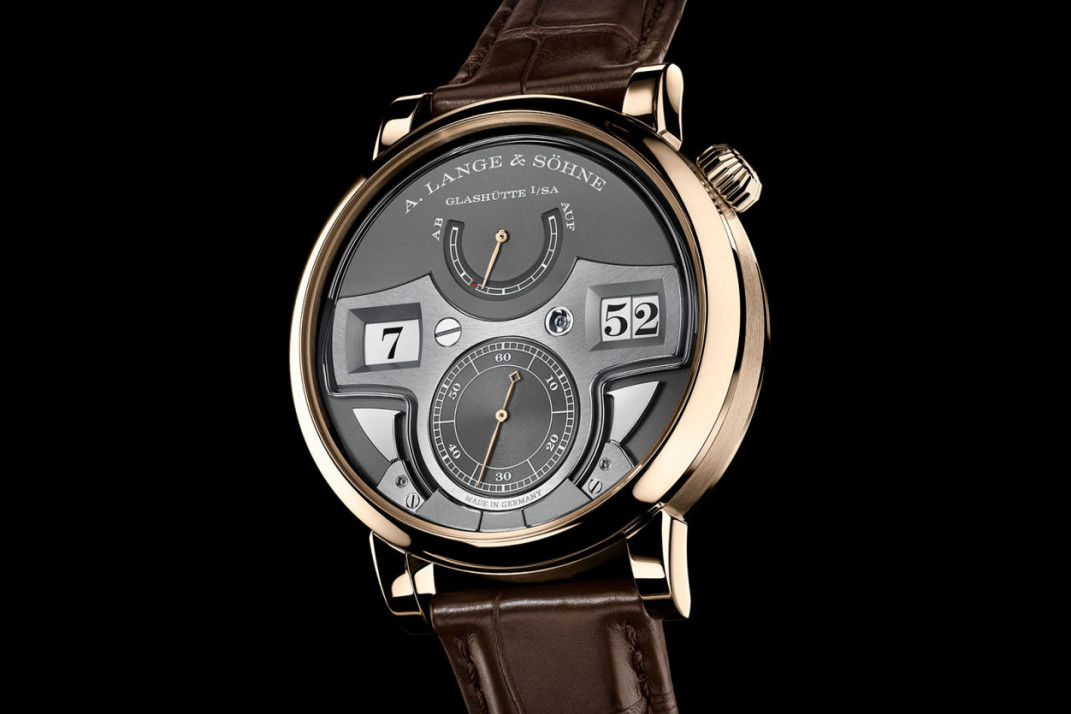
Introducing Seiko Unveils the Presage Cocktail Time SRPL96J “The Conte”
Welcome to the hub of the horoloy
Decimal Calender Also called Revolutionary or Republican Calander, The calendar system which includes units of time based on the decimal system. It was implemented during the French Revolution in the late 18th century. It aimed to replace the traditional Gregorian calendar with a decimal-based system, aligning it with the principles of the French Revolution, which emphasized rationality and decimalization.
Under the Revolutionary calendar, time was divided into 10-hour days, with each hour consisting of 100 minutes, and each minute divided into 100 seconds. This decimal time system sought to simplify timekeeping and promote a more logical and consistent approach to measuring time.
While the Revolutionary calendar was officially adopted in France for a brief period, it did not gain widespread acceptance and was eventually discontinued.


News Dubai Watch Week 2025 Will Be the Largest Ever with 90 Brands Participating

Technical The Frequency, Why It Matters in Mechanical Watches

Editorial The Secrets of Watch Case Design

Editorial Abraham-Louis Breguet, The Father of Modern Horology

Introducing MB&F Unveils the New Generation of Its Famous Collection the M.A.D.1S

Hands on Vulcain Cricket Classic 39mm Black & Khaki